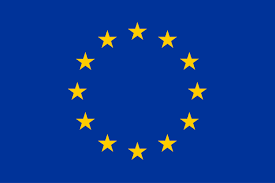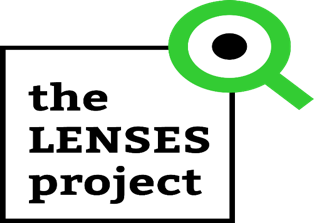Contacts: Prof. Uri Marchaim, Dr. Moshe Meron, and Dr. Sigal Fishman
Emails: uri@migal.org.il; meron@migal.org.il; sigalf@migal.org.il
Website: https://www.lenses-prima.eu
YouTube Video: https://youtu.be/AWWKwjFlt9E
Webinar: 1st Lenses E-Dialogue Webinar: Adoption of Water Ecosystems Food Energy, Nexus in Agrifood Systems Across The Mediterranean Basin
18 January 2023, online h 10:30 CET, Open to everyone upon registration: REGISTER HERE .
For more information
Major efforts are being made to increase knowledge regarding the Water, Ecosystem, Food (WEF) Nexus (connections) to assure resource security and sustainable development.
The objective of LENSES is to increase the nexus system understanding, and thus improve certainty in nexus systems.
By developing WEF Nexus systems that can adapt quickly to changes and disruptions, LENSES envisions building resilient Nexus systems:
(i) that recognise and deal with uncertainty and change (e.g. climatic, social, technological and environmental);
(ii) whose WEF domains can accommodate disruption (e.g. due to water scarcity, socio-economic stresses and shocks);
(iii) that are resourceful and use multi-functional solutions (e.g. via Nature Based Solutions [NBS]);
(iv) that can assess how actions in one area may affect the coordination of institutions and policies for resource management in another area (e.g. payments for ecosystem services);
(v) that envisions a Nexus which is bottom-up, by engaging with all relevant communities and places,
(vi) that offers a well-balanced distribution of the Nexus elements and services amongst the societal stakeholders, including the private sector, to promote sustainable market solutions and
(viii) that makes use of the assets held by each and addresses the current incapacities.
In this context, LENSES aims to contribute to improved water allocation, enhanced food security while preserving ecosystems and aiding climate change adaptation, by supporting the operationalization of the Nexus paradigm through a collective learning process.
This will be done in six demonstration pilot sites distributed across the Mediterranean basin, which cover a wide range of environmental, socio-economic and socio-technical conditions that are relevant across the whole Mediterranean area. This will put the LENSES approach to the test and build a broader evidence base on the opportunities it offers.
In the Galilee, the pilot will examine food production using agrovoltaic panels for energy production.
This project has 12 partners (and 1 coordinator) from Italy, Spain, Greece, Israel, Jordan and Turkey and is to be conducted over a three-year period. It is part of the PRIMA (Partnership for Research and Innovation in the Mediterranean Area) programme supported by the European Union. Grant Agreement No. 2041, Call 2020 Section 1 Nexus IA.
This project is part of the PRIMA programme supported by the European Union. GA n° [2041] [LENSES] [Call 2020 Section 1 Nexus IA]



